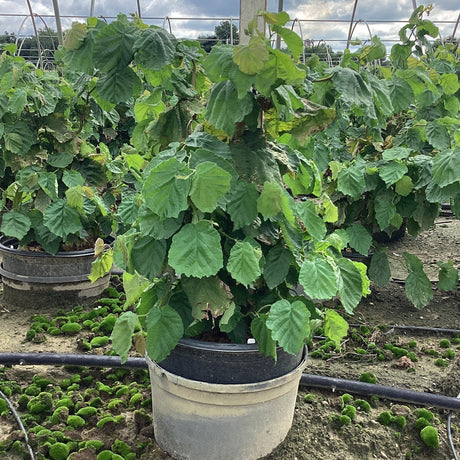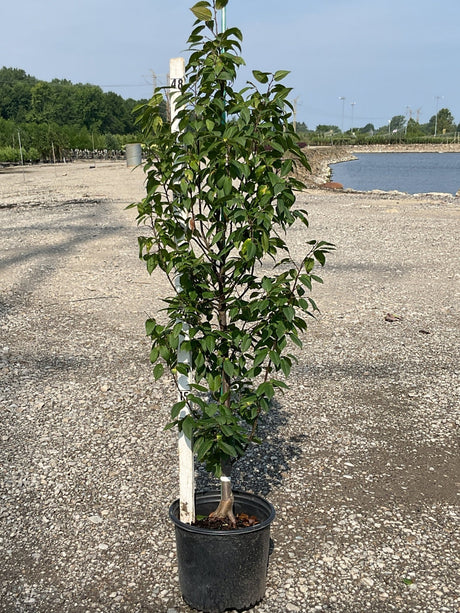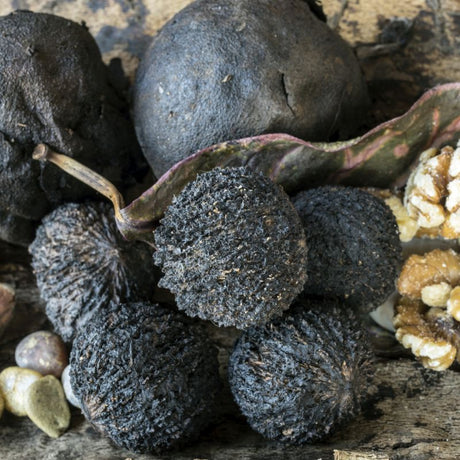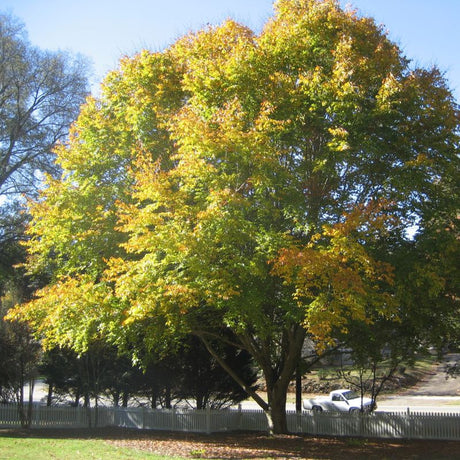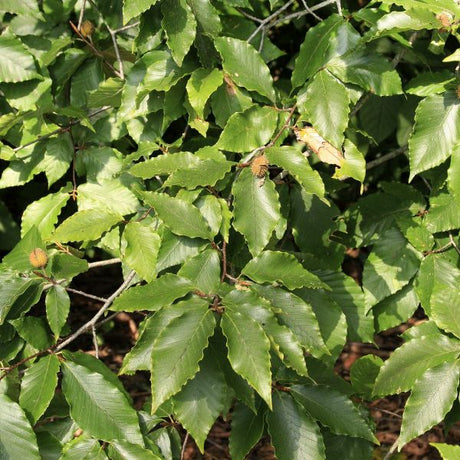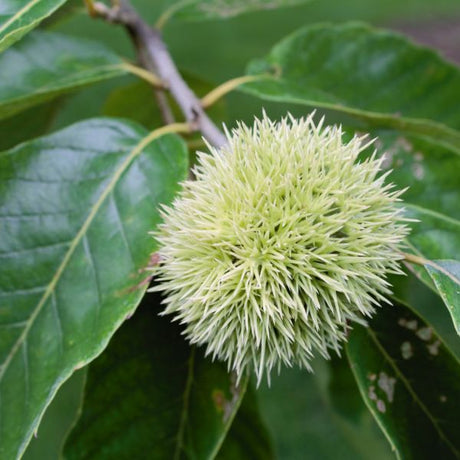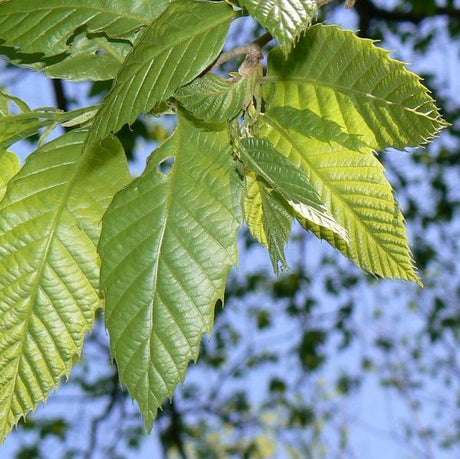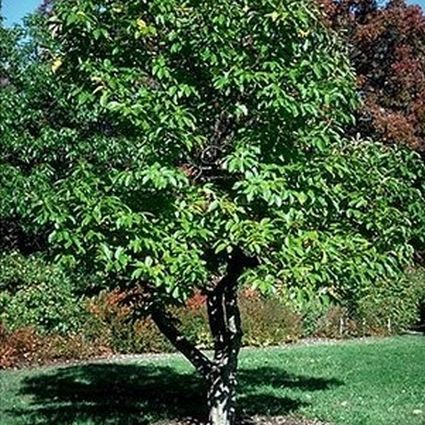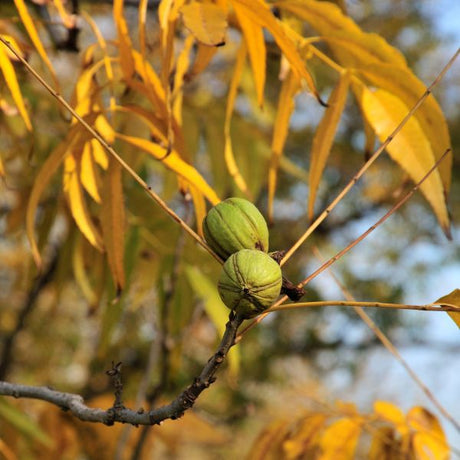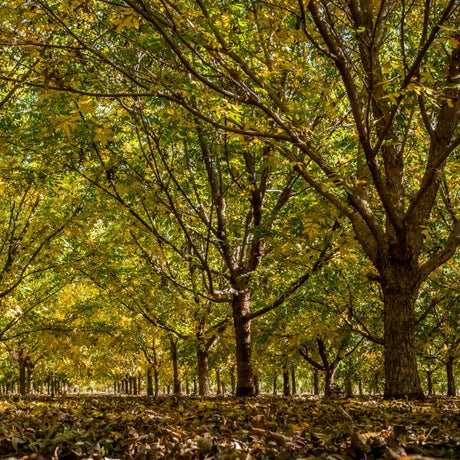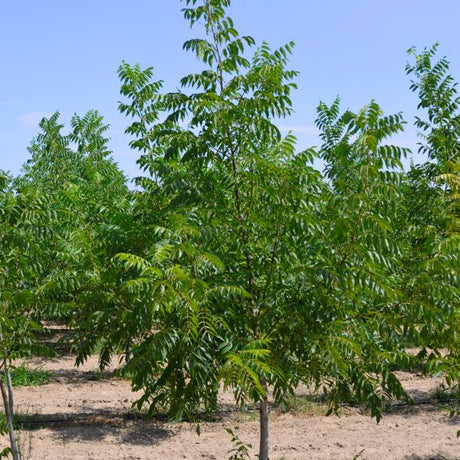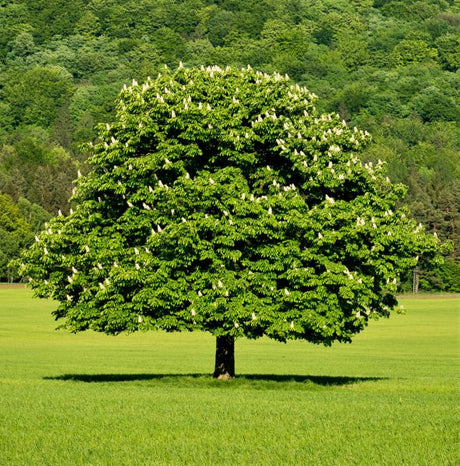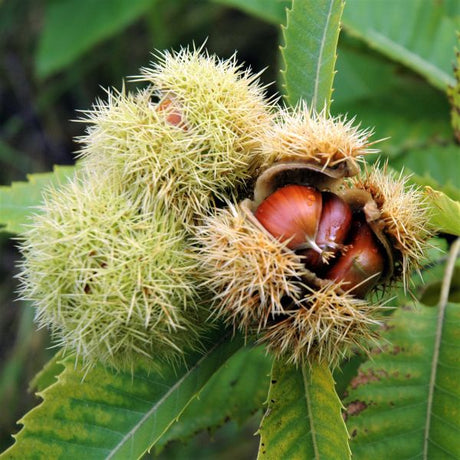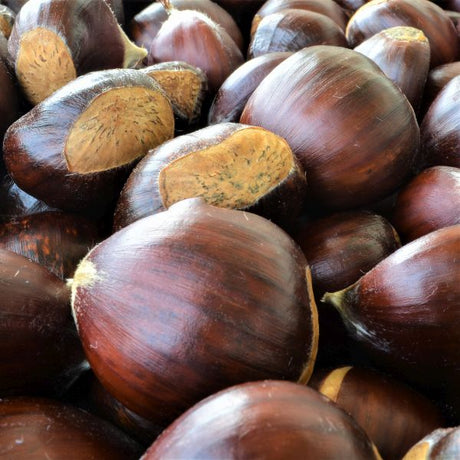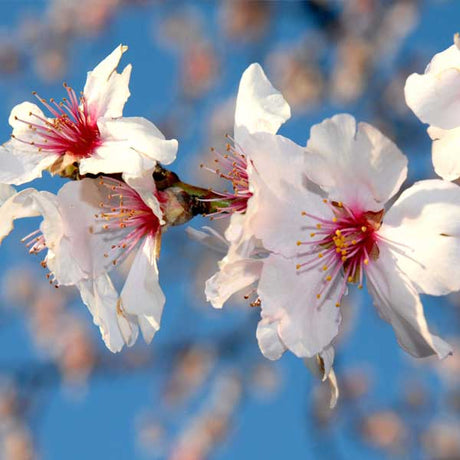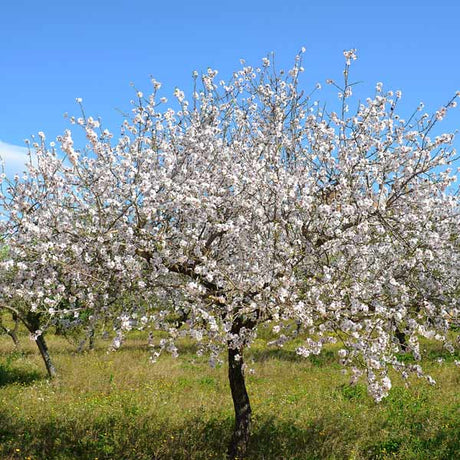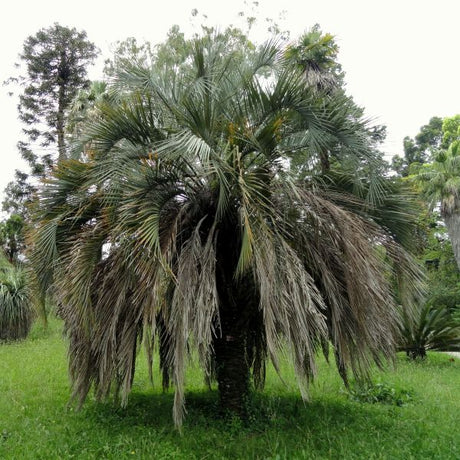-
Corylus avellana 'Contorta'
PreorderRegular price $10663Unit price /Unavailable -
Carpinus betulus ‘Lucas’
New arrivalPreorderRegular price $9910Unit price /Unavailable -
-
-
-
-
-
Carya illinoinensis 'Labette'
New arrivalPreorderRegular price $22378Unit price /Unavailable -
-
Carya illinoinensis 'Pawnee'
Sold outRegular price $17497Unit price /Unavailable -
Castanea dentata x mollissima
Sold outRegular price $14975Unit price /Unavailable -
-
-
Carpinus caroliniana
Sold outUp to 16% offSale price From $10730 Regular price $12712Unit price /Unavailable -
-
Prunus dulcis 'Texas Mission'
Sold out13% offSale price $12963 Regular price $14981Unit price /Unavailable -
-
Corylus avellana 'Red Dragon'
Sold outRegular price $15571Unit price /Unavailable -
Carya illinoensis 'Desirable'
Sold outRegular price From $14984Unit price /Unavailable -
Carya illinoinensis 'Elliott'
Sold outRegular price $15976Unit price /Unavailable -
FAQ's for Buying Nut Trees Online
What are the best nut trees to grow in a home landscape?
What are the best nut trees to grow in a home landscape?
Some of the most popular nut trees for edible landscaping include Pecan, Almond, Hazelnut, and Walnut. These trees provide tasty harvests, beautiful spring flowers, and make excellent shade or specimen trees in the yard.
Do nut trees attract wildlife and pollinators?
Do nut trees attract wildlife and pollinators?
Yes! Nut trees offer shelter and food for birds, squirrels, turkeys, and pollinators. Their blossoms support bees and butterflies, while their branches provide nesting sites and habitat for various wildlife species.
Are all nut trees edible?
Are all nut trees edible?
No. While many nut trees produce edible nuts like almonds and pecans, others—like Horse Chestnut and Chinese Pistache—are primarily ornamental or wildlife-supporting. Always check variety details before planting for edible use.
Do nut trees need a pollinator partner to produce nuts?
Do nut trees need a pollinator partner to produce nuts?
Many nut trees, including Walnut, Pecan, and Almond, are not self-fertile and require a second compatible tree nearby for cross-pollination. Nature Hills lists suitable pollinator partners on each tree’s product page.
How do I care for nut trees?
How do I care for nut trees?
Plant nut trees in full sun with well-drained soil. Water regularly when young, mulch around the base, and allow ample space for root development. Established trees benefit from occasional deep watering, especially in summer, to support nut production.










